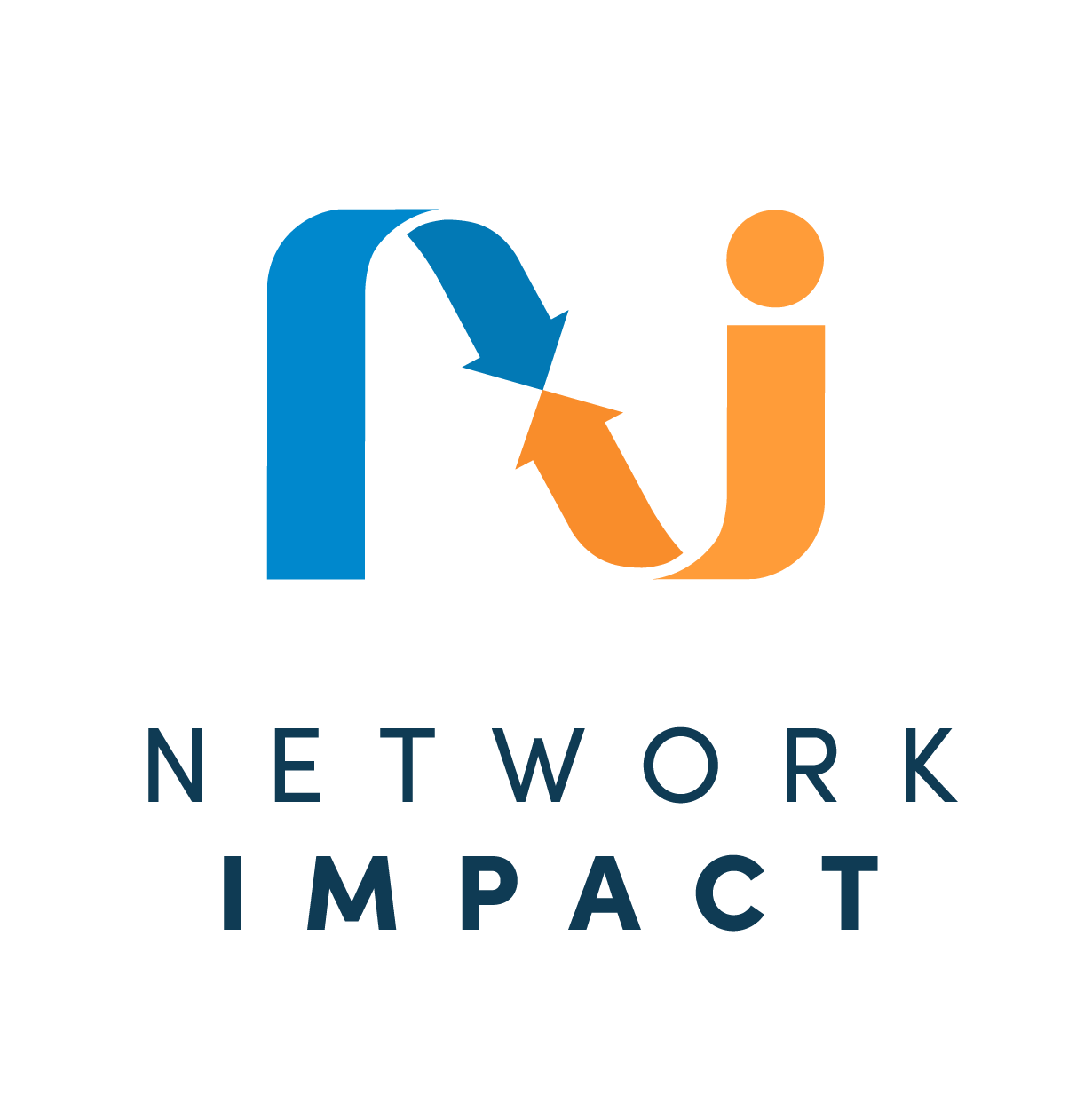Where is Big Data’s Soul?: The Ethics of Data in Civil Society
November, 2014
Last month, Network Impact facilitated a work session track as part of the Ethics of Data in Civil Society conference at Stanford’s Center on Philanthropy and Civil Society. The convening was an impressive group of 100 individuals from around the world involved in work as varied as human rights, medical research, advocacy, academics, government, as well as leading tech companies.
Our session aimed to produce a high-level map of a data-sharing ecosystem – who is sharing data and who is using data – by looking at connections within and between sectors. For example, government law enforcement using data from private companies in their criminal investigations or a nonprofit sharing client/user data with another nonprofit or local government agency to assist with service provision. The next step was to consider what privacy, security or other ethical concerns arise from the exchange. With a better overall lay of the land, the hope was to identify places where progress is being made and identify examples or resources related to ethical guidelines that are robust, yet flexible enough for the evolving digital environment we are now working in. Our discussion did not uncover many existing resources, but we did identify several good examples of how existing ethical guidelines can be modified to keep pace with the staggering amount of data that is being collected, stored and shared by an increasing number of organizations.
Heather Leson from the Open Knowledge Foundation led a concurrent work session that focused on the data lifecycle to uncover key decision points in the use of data in civil society. Her group came up with three ideas to better equip the field to handle emerging ethical questions. Heather summarizes the process and ideas in this blog post .
It was an amazing and exhausting two days. Many thanks to the whole Stanford PACs team – Lucy Bernholz, Kim Meredith, Rob Reich and Sam Spiewak, the planning committee and all of the participants for such thought-provoking discussion.
More about the conference can be found on the Ethics of Data in Civil Society event page
Below are several great resources for anyone interested in the topic:
Six Provocations for Big Data by Danah Boyd, Kate Crawford – The current ecosystem around Big Data creates a new kind of digital divide: the Big Data rich and the Big Data poor. There is also a 12-minute video version.
Big Data Ethics by Neil M. Richards and Jonathan King – In this paper, they argue that big data, broadly defined, is producing increased powers of institutional awareness and power that require the development of a Big Data Ethics.
Case Studies on Big Data and Nonprofits by Jeff Raderstrong and Katlyn Porter for a course at George Washington University
A list of sample ethics codes can be found on Lucy Bernholz’s blog.
DataPopAlliance has a pretty comprehensive resource that provides a history, definitions and key facts and figures.
The Responsible Data Forum is also something to keep an eye on. It is a series of collaborative events, co-organized by Aspiration and the engine room, and convened to develop useful tools and strategies for dealing with the ethical, security and privacy challenges facing data-driven advocacy.
Finally, two of the organizers of the event, Lucy Bernholz and Rob Reich, recently released a paper The Emergence of Digital Civil Society that explores where “civil society” stands in today’s digital world where the lines are no longer so clear, with B Corporations, impact investing and other blended ventures.
